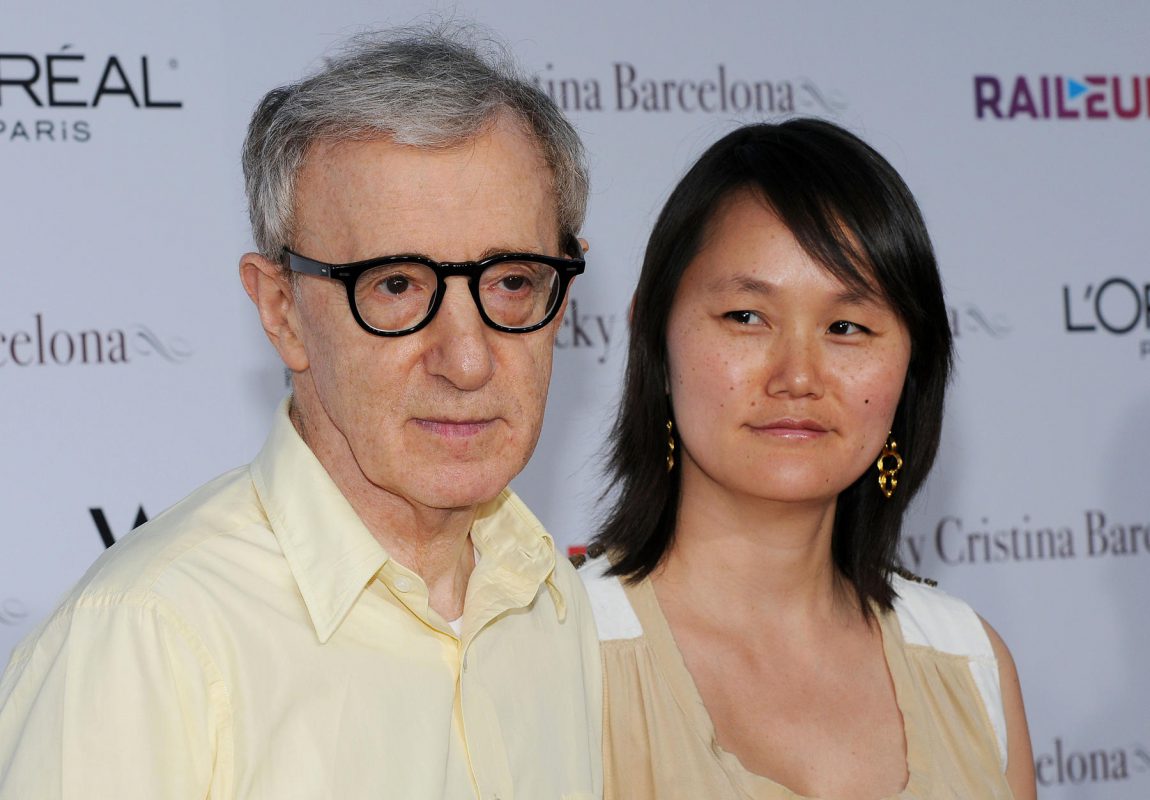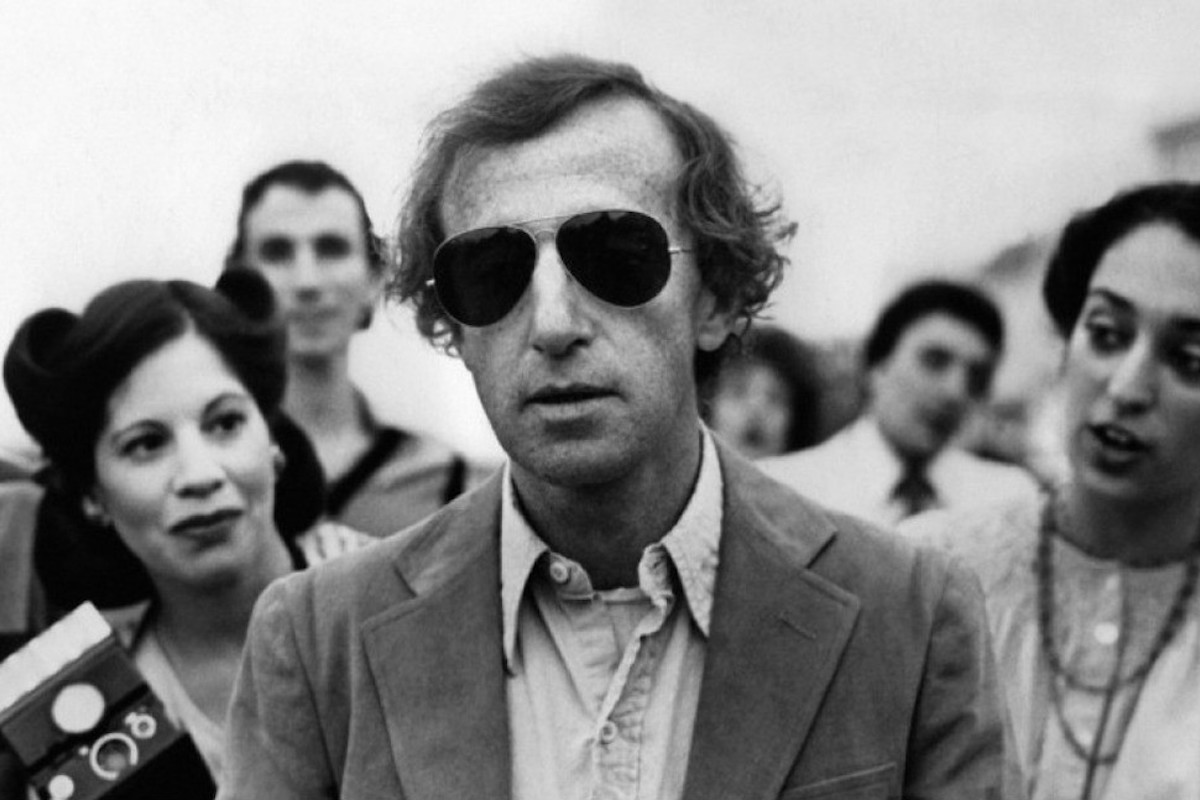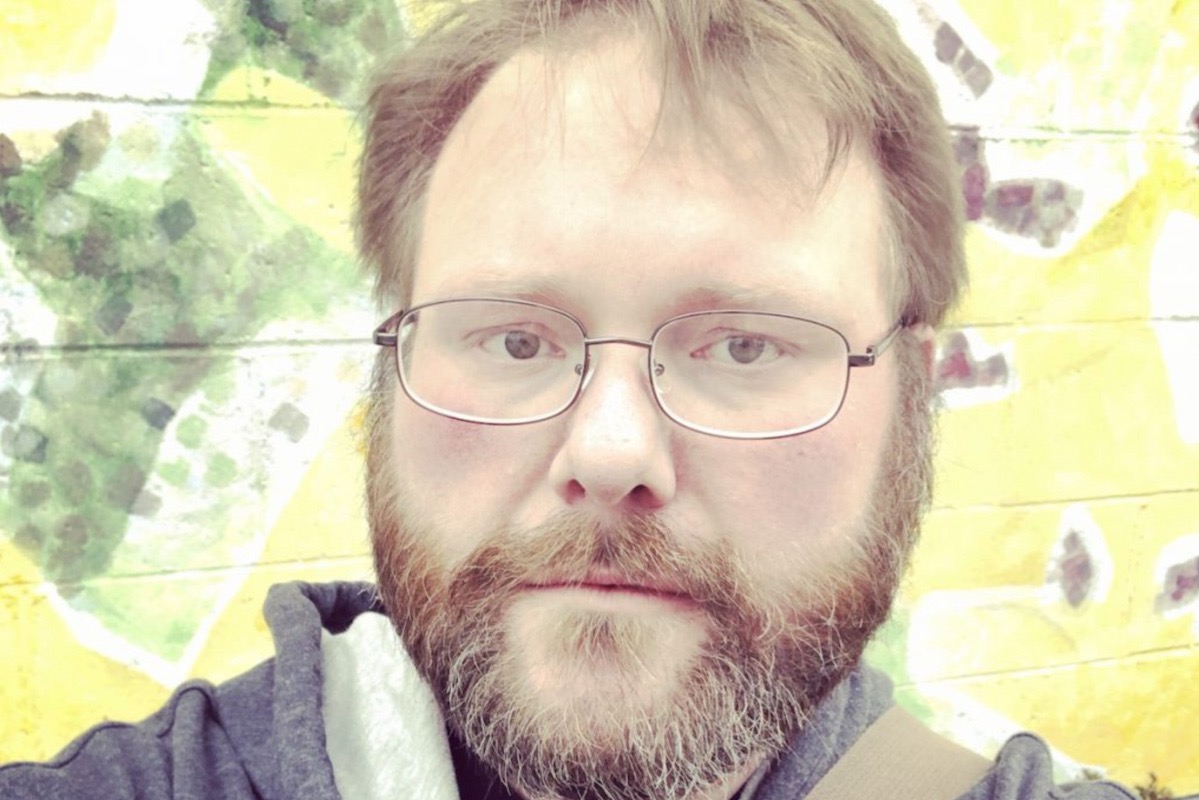Art and Culture
Believe (Some) Women
#MeToo demands that all women must be believed — except where their stories upset the prevailing narrative.

“Believe women” is a central tenet of #MeToo, the media movement that has become the de facto path to justice for anyone who claims to have been victimised by a public figure. Given, however that presumption of innocence is one of the most fundamental principles of a democratic society, “believe women” is, or at least ought to be, a controversial demand (and as the slogan’s imperative suggests, it is indeed a demand). For despite, in some ways, being an understandable response to what many perceive to be decades of abusive and sexual misbehaviour in the entertainment and media industries, “believe women” is a request that explicitly undermines the presumption of innocence.
Despite this inconvenient fact, the movement has become a cause celebre among those very factions of society who claim to care most deeply about democracy. How to square that? Particularly when it appears “believe women” may not actually apply to all women judging from the media cycle this week following a rare interview with Woody Allen’s wife Soon-Yi Previnpublished in New York Magazine last Sunday.
Previn, the 47-year-old adopted daughter of Mia Farrow and composer Andre Previn, has maintained a decades-long silence since the exposure of her affair with Allen in the early 1990s when he was still dating Farrow. Debate has long raged about the appropriateness of their relationship in light of the fact the director was, at least in theory, something of a father figure in Previn’s unusual family set-up, which included thirteen siblings, as well as the fact she was only 21 and Allen 56 when news of their affair first broke (that Farrow was herself 21 when she married a 50-year-old Frank Sinatra is apparently irrelevant in this saga). Relations between the parties were strained yet further when, shortly after discovering the relationship, Farrow accused Allen of molesting her younger daughter Dylan.

Immediately upon publication of the controversial interview with Previn, the court of public opinion handed down its judgment: Allen was still a monster, Previn his victim-accomplice and journalist Daphne Merkin, who conducted the interview, a toady. In hindsight, Previn may come to consider it an error of judgment that she chose to break her silence by speaking to Merkin, a friend and fan of Allen’s, since this in itself has caused many to disregard the piece automatically, although it might be considered noteworthy that New York Times writer Nicholas Kristof, a friend of Farrow’s who has written at length about Dylan’s abuse allegations, has never endured half the criticism Merkin received this week. Still, regardless of Merkin’s objectivity or lack thereof, under the doctrine of #MeToo Previn’s allegations of abuse at Farrow’s hands ought to be accepted without question.
A reminder that the author of the Soon-Yi profile is the same person who argued in a (widely-criticized) NYT op-ed that #MeToo was "stripping sex of eros" https://t.co/ZnKoXjBLPD
— Jessica Valenti (@JessicaValenti) September 17, 2018
Unsurprisingly, that has not been the case. Instead, she has been labelled a liar and/or a victim (of Allen’s), both labels serving only to undermine Previn’s story. One of her fiercest critics this week was her younger brother Ronan Farrow, the reporter whose story on Harvey Weinstein’s sexual abuse effectively launched #MeToo and earned him a Pulitzer Prize. Yet despite his leading role in a movement that demands “believe women”, Ronan published a statement in which he not only disputed his sister’s allegations, but erased her entirely from her own story. Chillingly, nowhere in his statement, which was published on Twitter, does Ronan mention Previn by name, instead reducing her to an anonymous “ally” of Allen’s.
“I owe everything I am to Mia Farrow. She is a devoted mom who went through hell for her family, all while creating a love home for us,” Ronan wrote, deliberately undermining Previn’s account of Farrow’s abuse, despite the fact it has been corroborated previously in a blog post published by another of Farrow’s adopted children, Moses, earlier this year. Ronan went on to accuse Previn of “planting” the interview solely in order to “attack and vilify” his mother. No doubt Ronan would have expressed horror had a similarly vitriolic statement been published about any of Harvey Weinstein’s victims.
Previn’s treatment reveals two inherent contradictions in the #MeToo movement. The first is that #MeToo decrees that all women are victims (since all men are predators) thus denying them agency in their own stories. The beginnings of Previn’s relationship with Allen were undeniably unorthodox and, possibly legally questionable (although despite insinuations the affair started before Previn turned 18 this has never been proven). Today, however, Previn is a 47-year-old mother of two adult children who last year celebrated her 20th wedding anniversary with Allen: she clearly does not consider herself a victim of anyone except Farrow. Such a scenario, however, does not sit comfortably with proponents of #MeToo who must cast her as a victim in order to further demonize Allen.
Which brings us to the second inherent contradiction: #MeToo demands that all women must be believed — except where their stories upset the prevailing narrative. In this case, Previn is doubly damned, for not only does she refuse to demonise Allen herself but she instead goes on to castigate Farrow, who, with her numerous adopted children and political activism – not to mention her crusade against Allen – has become something of a modern-day apostle in the public consciousness. Previn, therefore, has upset the natural order of #MeToo, not least because if one woman accuses another of abuse and #MeToo demands we “believe women”, how do we automatically know which woman to believe?

As the revelations concerning Asia Argento – one of Ronan Farrow’s key sources in his Weinstein story who was recently accused of sexually assaulting a teenage boy have also demonstrated, the reality is that the world is a complicated place. Perhaps Argento is both a victim and an abuser. Perhaps Farrow was a good mother to two of her children and a bad one to others. Although many will find Allen and Previn’s relationship wildly inappropriate and distasteful, the affair has plainly resulted in a stable and abiding marriage. Ultimately, dividing the world into victims and villains, as #MeToo demands of us, fails to take into account the complexities of human nature. And the trouble is that it’s a much more difficult concept to believe.






